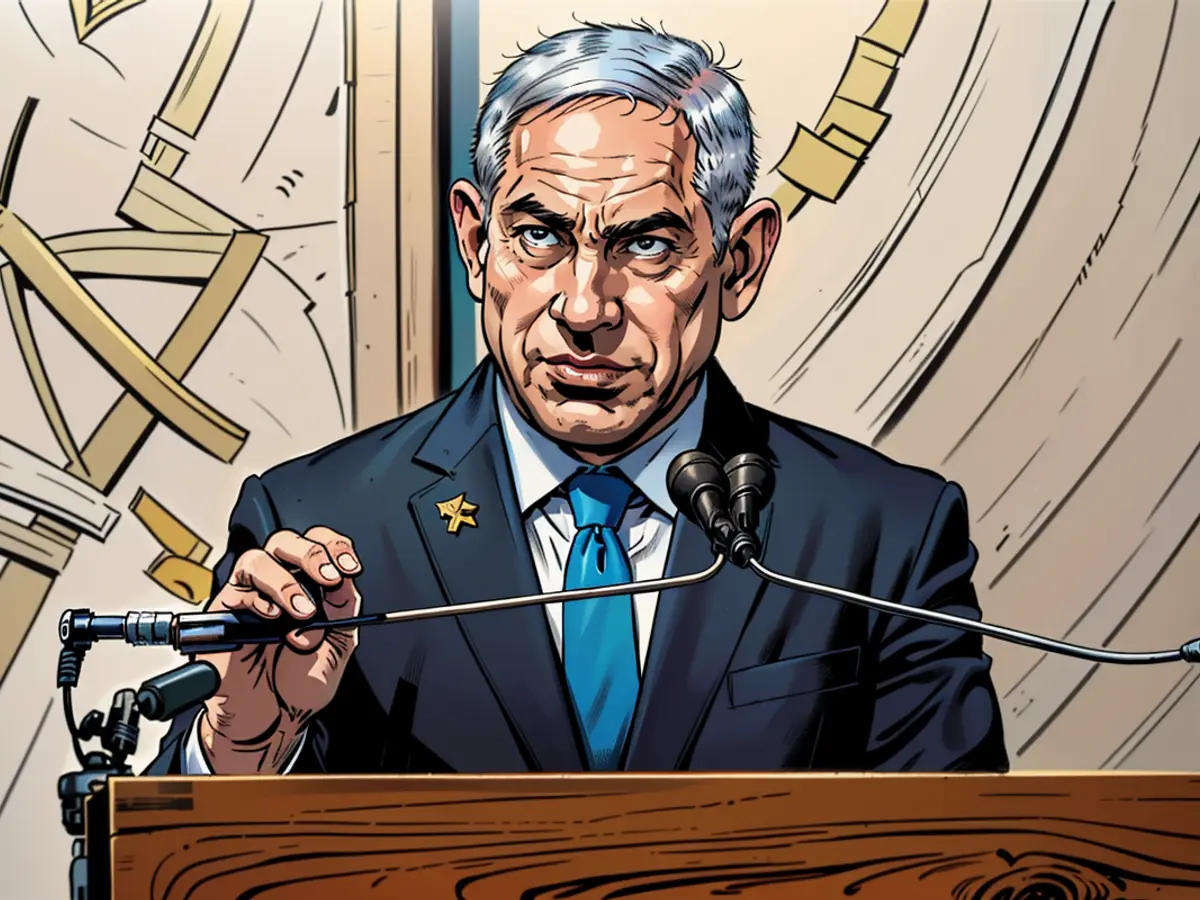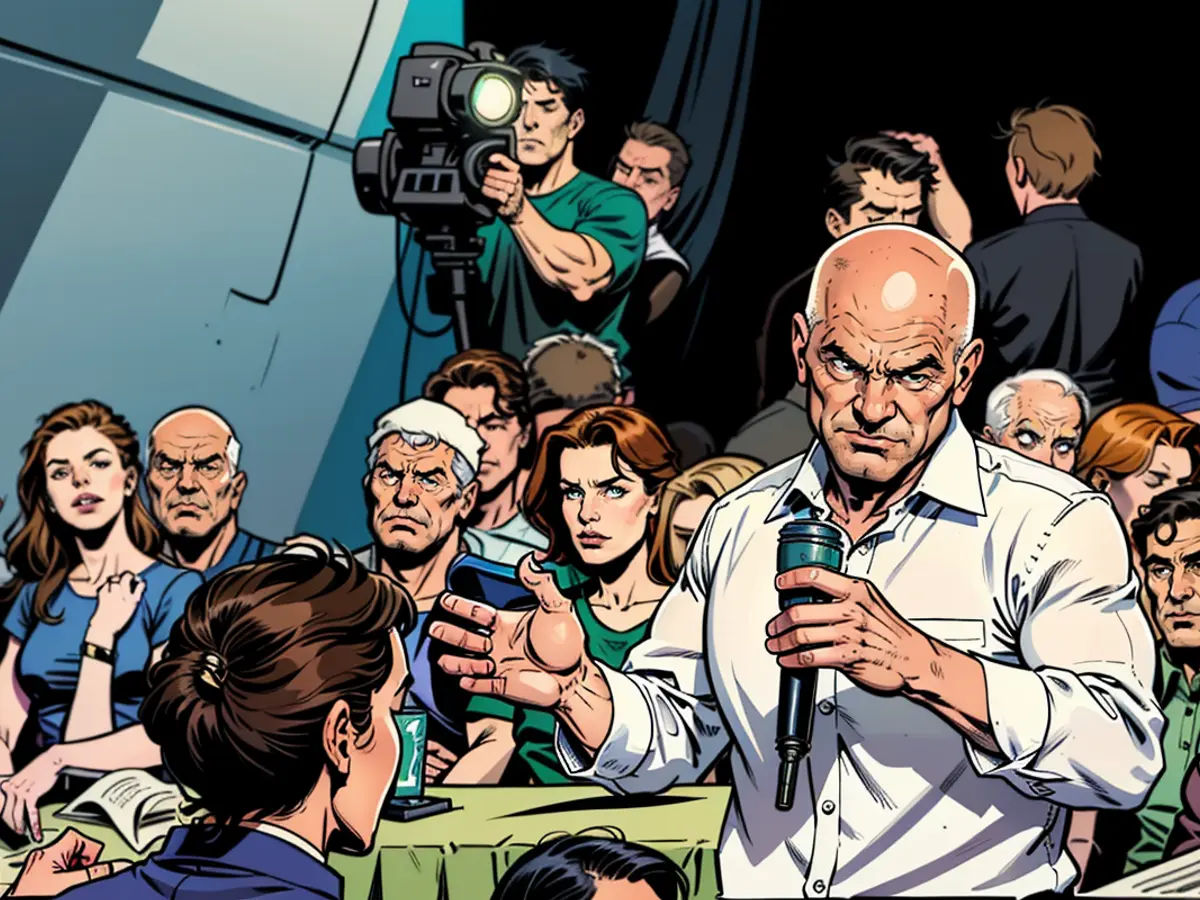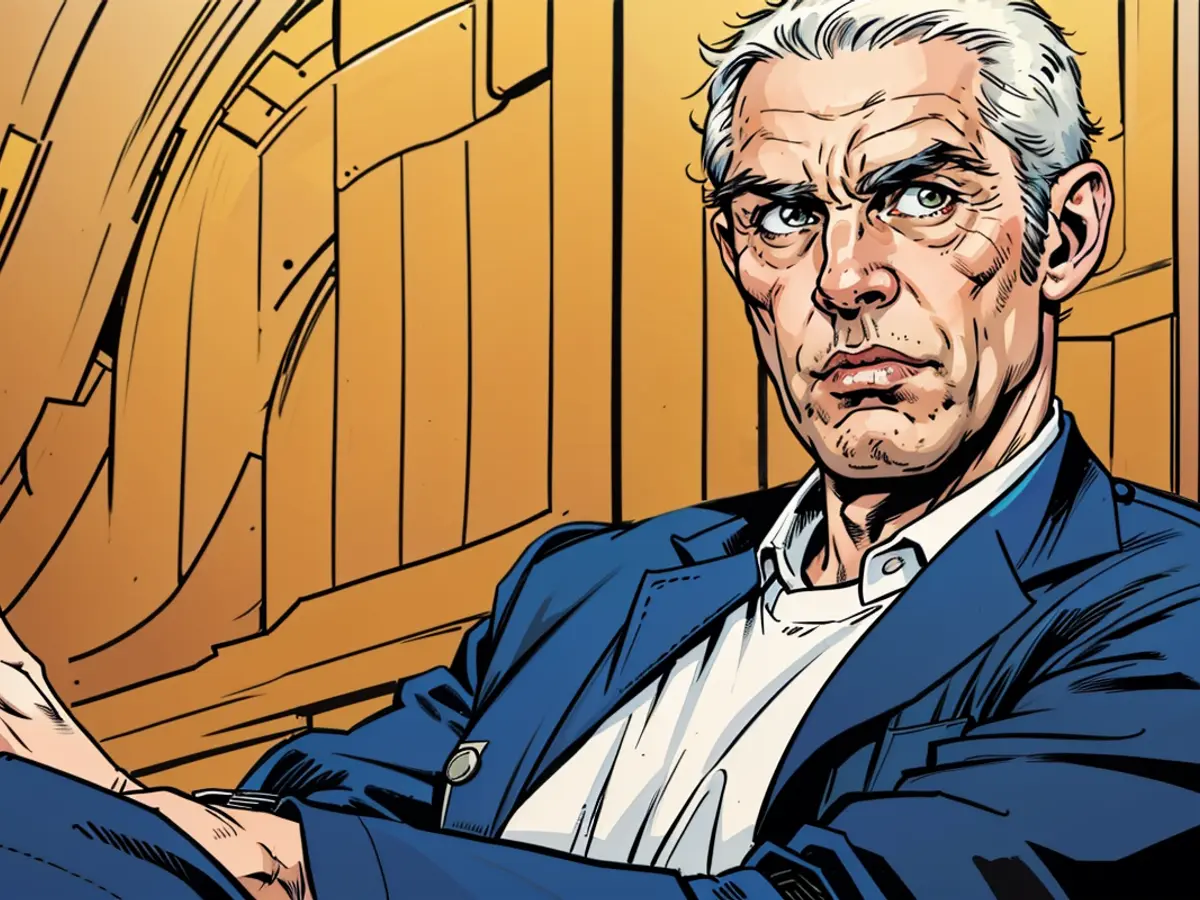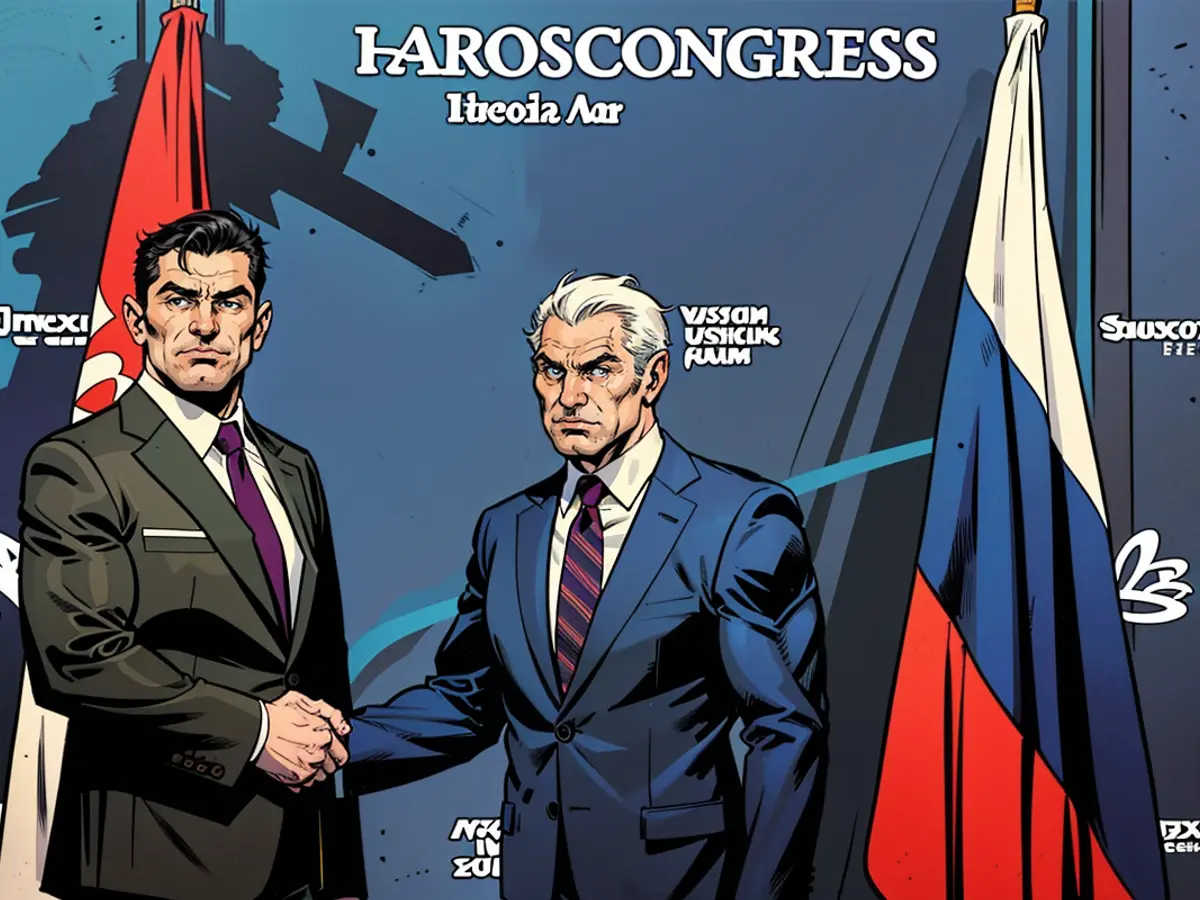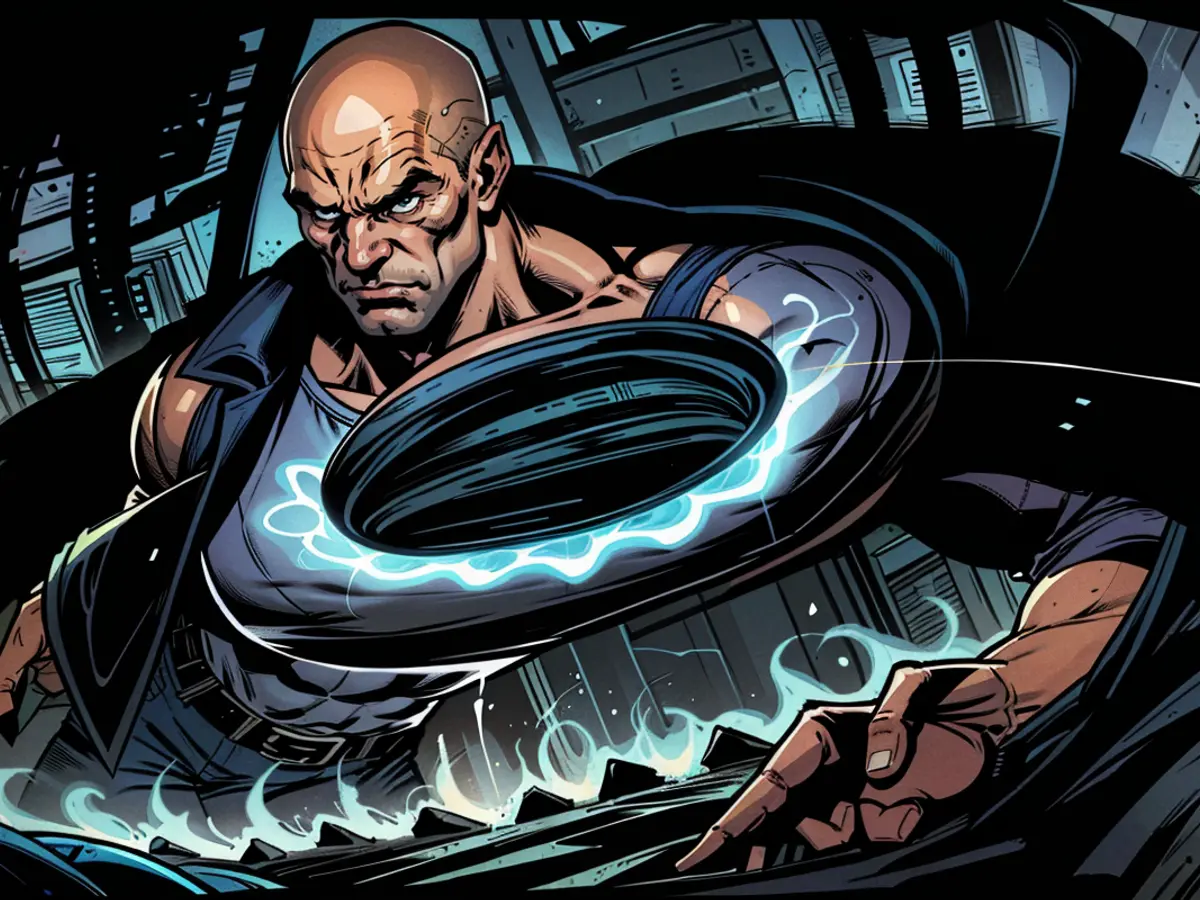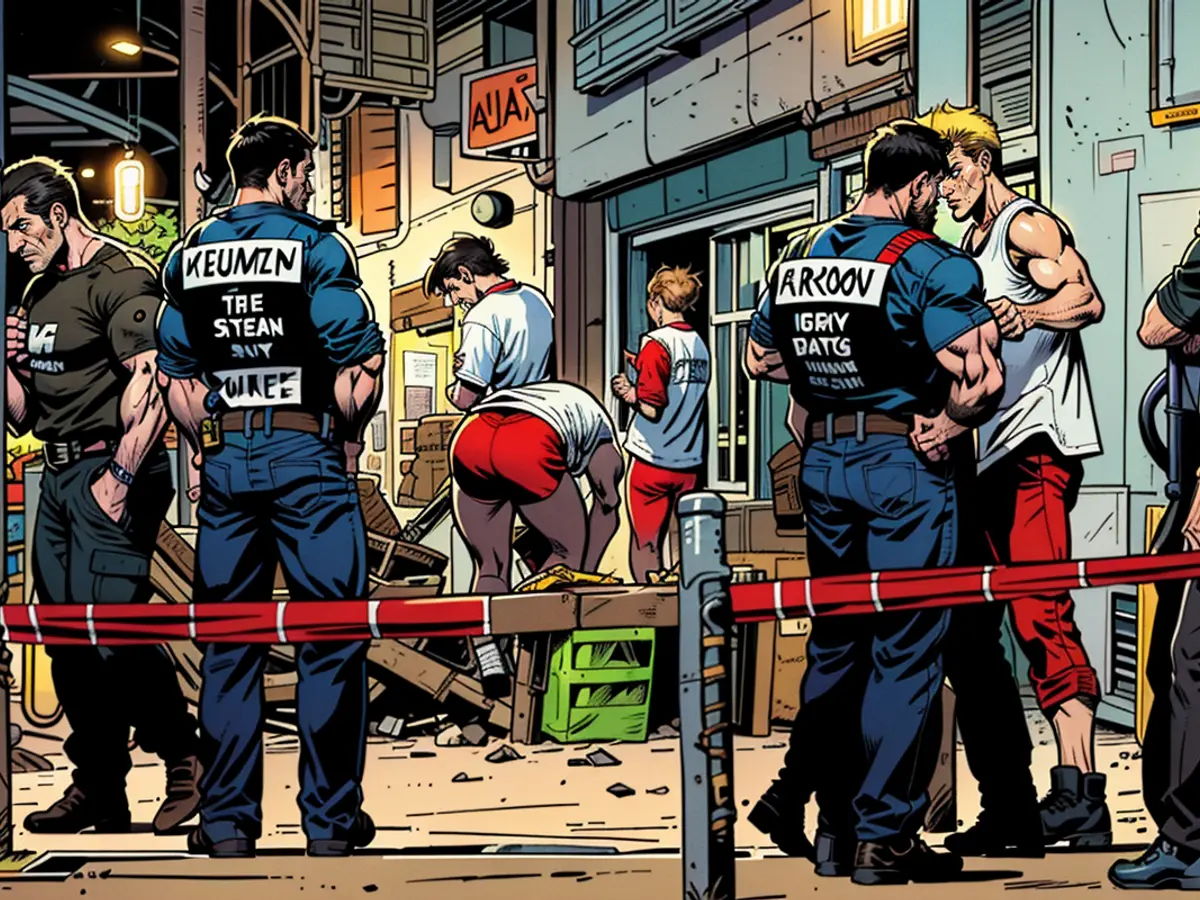- After the assault carried out by Hezbollah against Israel, a de-escalation seems imminent
The situation in the Middle East has calmed down a bit after the intense clash between the Lebanese Hezbollah militia and the Israeli army, but the tension still lingers. The United States Defense Department instructed the American military to station two aircraft carriers and their accompanying ships in the area. In the evening, Hamas, a group aligned with Hezbollah, launched a rocket from southern Gaza towards Tel Aviv. The rocket landed harmlessly in an open area south of Israel's coastal city.
As per medical records, a woman sustained injuries while hurrying to a shelter. Previous attempts at negotiating a truce in Egypt's capital, Cairo, were unsuccessful. Sources from the airport reported that the Israeli delegation departed the city after a couple of hours, while Emir Tamim bin Hamad Al Thani of Qatar and Hamas representatives also left the city. An Egyptian security source informed the German Press Agency about the "difficult standoff" that exists.
Steering Clear of Further Escalations in the Israel-Gaza Conflict
The United States, Qatar, and Egypt are working towards achieving a truce, releasing hostages, and preventing a wide-scale confrontation. They are actively mediating in the ongoing conflict between Israel and Hamas in Gaza, which has been ongoing for nearly eleven months, as both parties refuse direct talks. After Hezbollah's large-scale rocket attack on Israel and retaliatory strikes by the Israeli military in Lebanon, regional military powers expressed their desire to avoid a chain reaction that could escalate into a larger conflict in the Middle East, as reported by "Wall Street Journal".
Upon the attack, Hasan Nasrallah, Hezbollah's leader, maintained a relatively subdued tone, stating, "Our intention was never to target civilians, but military objectives." In his usual antagonistic remarks towards Israel, Nasrallah also hinted at further attacks involving Iran and the Houthi militia from Yemen. Hezbollah has kept the option of further strikes open, but for now, the reaction to the killing of their military commander Fuad Schukr by Israel in late July has subsided – allowing Lebanon to breathe a sigh of relief.
Netanyahu: "This is Far from Over"
Israel's military announced an "imminent threat" to its citizens and started attacking various targets in southern Lebanon early Sunday morning. The army claimed to have destroyed several thousand rockets aimed at northern Israel, as well as other threats. However, Israeli Prime Minister Benjamin Netanyahu stated, "This is only the beginning."
Hezbollah has no intention of initiating a larger war, according to Danny Citrinowicz, an analyst from the Institute for National Security Studies in Tel Aviv, as reported by "Wall Street Journal". Mohanad Hage Ali, the deputy director for research at the Malcolm H. Kerr Carnegie Middle East Center in Beirut, similarly stated that the limited casualties on the Israeli side suggest that Hezbollah intends to keep the conflict contained.
In Israel, a soldier lost his life, as per military records. A 21-year-old was injured by falling debris from an Israeli defense missile on a naval boat. In Lebanon, three people perished.
The Houthis celebrated the "brave and daring attack" conducted by Hezbollah. Hamas referred to it as a "slap in the face" for the Israeli government. The possibility of a second round of retaliation is dependent on the progress of the negotiations in Gaza.
Sustained Support for Israel from the USA
U.S. Defense Secretary Lloyd Austin affirmed Israel's right to protect itself in a phone conversation with his Israeli counterpart, Joav Galant, as per the Pentagon statement. Simultaneously, Austin assured Galant of the continued support of the United States towards Israel in countering threats from Iran and its regional allies.
In the evening, U.S. Chairman of the Joint Chiefs of Staff Charles Brown arrived in Israel. He will meet with Israeli Chief of Staff Herzi Halevi, as reported by the Israeli military. Their discussions will focus on security and strategic issues in the Middle East, given the current threats. According to the Israeli military, its relations with U.S. forces will grow deeper to enhance regional stability and cooperation between the two forces.
The U.S. remains Israel's primary ally. It has recently added additional warships, aircraft, and even a submarine armed with missiles to the region – possibly to aid Israel in the event of an attack by forces in Lebanon or Iran. In the region, in addition to the previously stationed aircraft carrier "USS Theodore Roosevelt," the aircraft carrier "USS Abraham Lincoln" and its escort ships are also present.
Preventative Polio Vaccinations in Gaza
Following warnings of a major polio outbreak, vaccines against the disease have been introduced into the dispute-ridden Gaza Strip. Vaccines for 1.25 million people have been transported through the Kerem Shalom crossing into the coastal strip, as per the statement from the Israeli agency responsible for Palestinian affairs, COGAT.
According to the statement, international and local medical teams will administer polio vaccines to unvaccinated children in various locations in the Gaza Strip in the coming days. UN representatives have requested a ceasefire to permit polio vaccinations for hundreds of thousands of children in the war-torn region.
The head of the World Health Organization (WHO), Tedros Adhanom Ghebreyesus, expressed serious concern on Friday about the first confirmed polio case in the Gaza Strip in 25 years – a ten-month-old infant from Deir al-Balah in central Gaza. Given the high risk of infection, the Palestinian health ministry, WHO, and UNICEF have planned two rounds of vaccination in the coming weeks.
The European Union, being a key player in international diplomacy, has expressed its support for the truce efforts between Israel and Hamas, recognizing the importance of deescalating the conflict and promoting regional stability. In response to the tensions, the European Union has also pledged humanitarian aid to Gaza, focusing on essential services such as healthcare and education.
